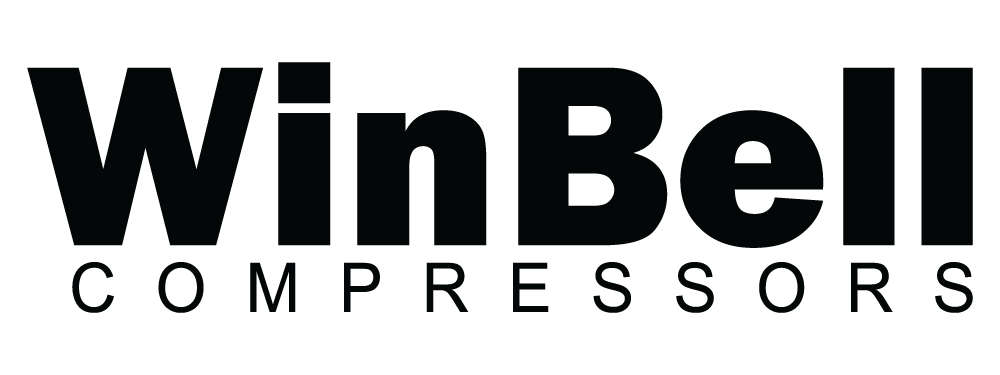As our lives are becoming more online, securing ourselves from hackers becomes more important. Hackers are focused on two things: creating chaos and stealing money. They obtain personal information and then use it to make unauthorised charges to your accounts, or they can disrupt your business through the universityparkcarecenter.com/virtual-data-room-market-solutions-for-secure-deal-making use of malware to trigger denial of service attacks or other issues.
The good news is that there are a variety of options to protect yourself from cyberattacks. Most of them don’t require a huge amount of effort. Start by encryption of sensitive data that isn’t being transmitted via the internet (such as employee social security numbers or routing digits from banks as well as other sensitive data). Install full-disk encryption software which are available with the majority of operating systems: For PCs, it’s called BitLocker and for Macs it’s FileVault.
Always upgrade software programs. Many hackers gain access to computers by exploiting weaknesses that are present in outdated software. Updates fix these vulnerabilities and make it more difficult for hackers to penetrate your system.
Install a firewall on all your devices. Firewalls are network security systems that are that are designed to regulate incoming and outgoing traffic on your computer. Windows and macOS both include an inbuilt firewall, however you should also consider using a third-party firewall application to safeguard your home networks as well as mobile devices.
Review your network and device names. Avoid using personal identifiers for your network such as your last name or your phone number. This can give hackers access to your information.
Be careful when discussing your work with other people. Hackers can use even small details like your city or pet’s names to compromise security systems.
